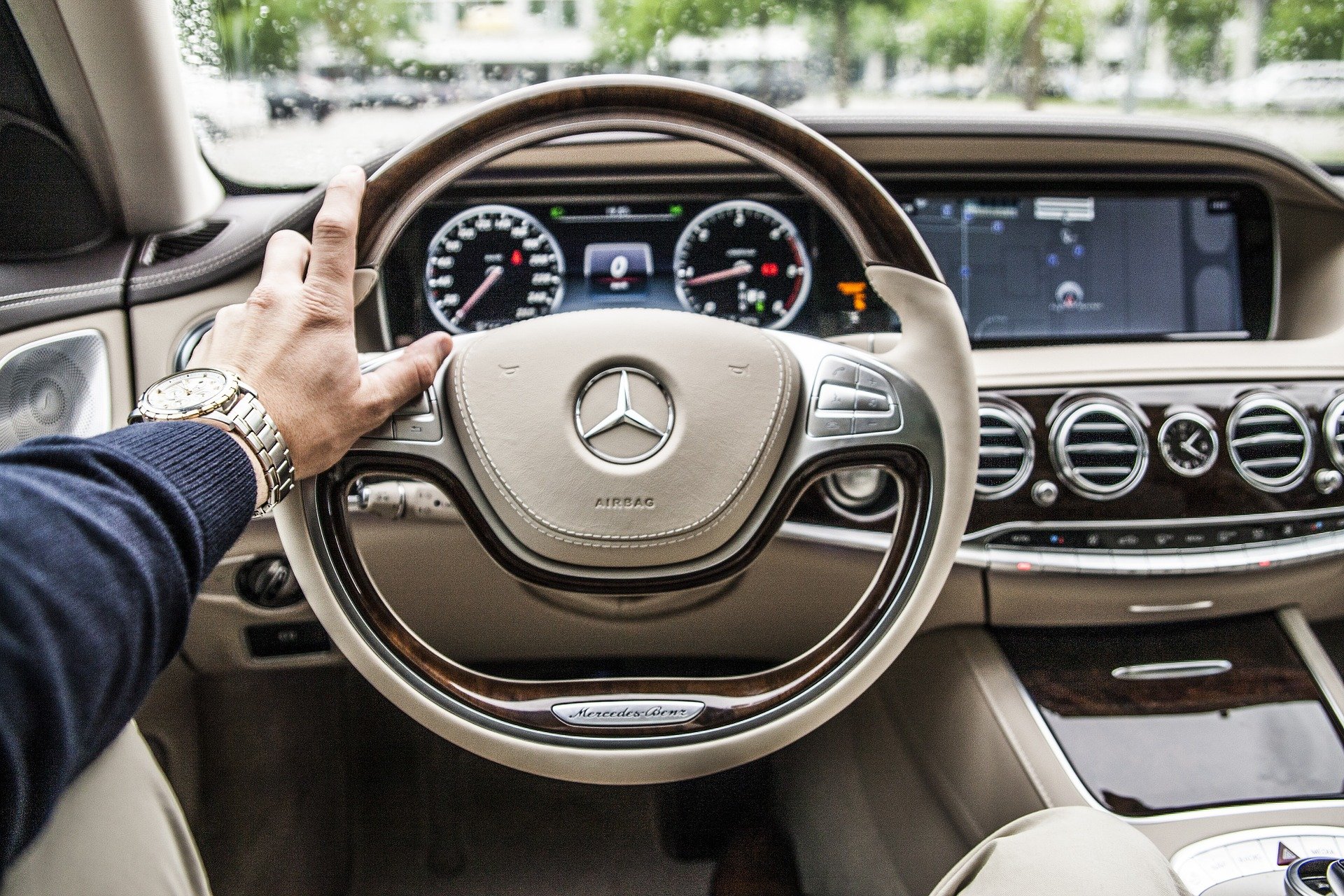The smaller, less expensive defects still need to be found and repaired quickly so that consequential damage to the engine and vehicle does not occur. The next trip should then lead to the nearest garage, regardless of the defect.
The car clicks when shifting gears
Annoying jolts can also occur during the gear shifting process. The most trivial reason for all of this is driving errors. If the wrong gear is inadvertently engaged or if the driver does not apply enough throttle when starting and shifting, this can be felt by a jolt of the vehicle.
A defect in the slave cylinder, release bearing, or clutch can also cause the car to vibrate when shifting gears. The so-called clutch pinching occurs, for example, when the clutch disc is heavily worn. The clutch can no longer grip as it should and is not transmitting enough engine power. If the clutch lifts or you’re facing difficulty in shifting gear, you should always consult a transmission clutch repair services as hiring professional mechanics is a great idea because they have the right knowledge of the safety measures.
If the fuel pump is worn or the fuel filter is clogged, the cylinders are not sufficiently supplied with fuel, the engine does not start at the right time and the car vibrates, which can be noticed, for example, when changing march.
Worn spark plugs can also lead to delayed ignition, which in turn can cause clicks or strong vibrations when shifting gears. If the car jerks when shifting gears, the cause should be clarified as soon as possible. Apart from this, there can be issues with the ECM, TCM, PCM, or BCM of the car. You need to be required to exchange Transmission Control Module that you can find the most reliable on npcautomotive.com.
For more car service, you can visit Chicago Auto Repair.
The car vibrates on acceleration
The jerk of the vehicle during acceleration is particularly stressful during the journey. If the driver accelerates and the car moves or wobbles, this indicates, among other things, that not enough fuel is getting to the engine.
This problem can be caused by a faulty fuel pump. If the car’s petrol or diesel pump is defective, the engine can no longer be run with sufficient fuel. This is manifested by the suspicious gasp when accelerating https://kryptomoney.com/.
If you continue to drive with a faulty fuel pump, it can fail completely in the worst case. The vehicle will stop and have to be taken away with a tow truck, the fuel pump should then be checked by a garage and replaced.
Another possible trigger for shaking and vibration during acceleration can be the fuel filter. If the filter is very dirty or even clogged, enough fuel can no longer reach the engine. This results in a loss of power and an engine jolt.
If this problem occurs, the filter should be replaced as soon as possible. This is the only way to ensure that the car can continue to run smoothly.
In diesel engines with pump-nozzle assembly, a defect in the assembly can cause the injection pressure to no longer be correct and the respective cylinder to be no longer sufficiently supplied with fuel. This would cause the engine to shut down “empty”, that is to create an oscillation that is particularly noticeable during acceleration.
If the axle sleeve (bellows) is torn, grease can escape inside and dirt and road dust can get into the crankshaft joint. The friction of dust and dirt on the coupling causes abrasion, which in turn causes play in the crankshaft coupling. This play can cause the joint to break. This bumpy ride is felt first at the wheel and especially when accelerating.
The purpose of the engine mount is to dampen vibrations and shocks caused by road bumps, braking and acceleration. If the rubber of the engine mount is worn, the damping no longer works and the car vibrates with every action, especially when accelerating and braking.
FAQ
Can I continue driving with a jerky car?
If the car vibrates, the cause should be clarified as quickly as possible. In the worst case, even the smallest defect, if left untreated, can lead to engine damage.
My car jerks while I drive – what is the cause?
There are several possible causes: broken spark plugs, a faulty dimmer, a faulty or very dirty throttle valve or a faulty lambda probe.
Why does my car vibrate when stationary?
Stationary vibration often results from faulty or incorrectly inserted ignition cables, a defect in the ignition coil, worn spark plugs, a worn fuel pump, or a broken DMF.
Why does the car snap when shifting gears?
Often it is simply due to driving errors, for example, because the wrong gear has been engaged. But also the defects of the slave cylinder, the release bearing, the clutch and the wear of the fuel pump or the filter and spark plugs can lead to jerks.
Why do the car snap when accelerating and braking?
If the fuel pump or fuel filter is damaged or clogged, the pump-nozzle assembly is damaged or the trunk of the axle is torn, you may feel a more or less strong vibration when accelerating. If the car vibrates during braking, this can be due to overheated or poorly machined brake discs, faulty tie rod ends, a worn tie rod, or wheel imbalance. A torn rubber on the motor mount can cause the car to snap in both braking and accelerating.



